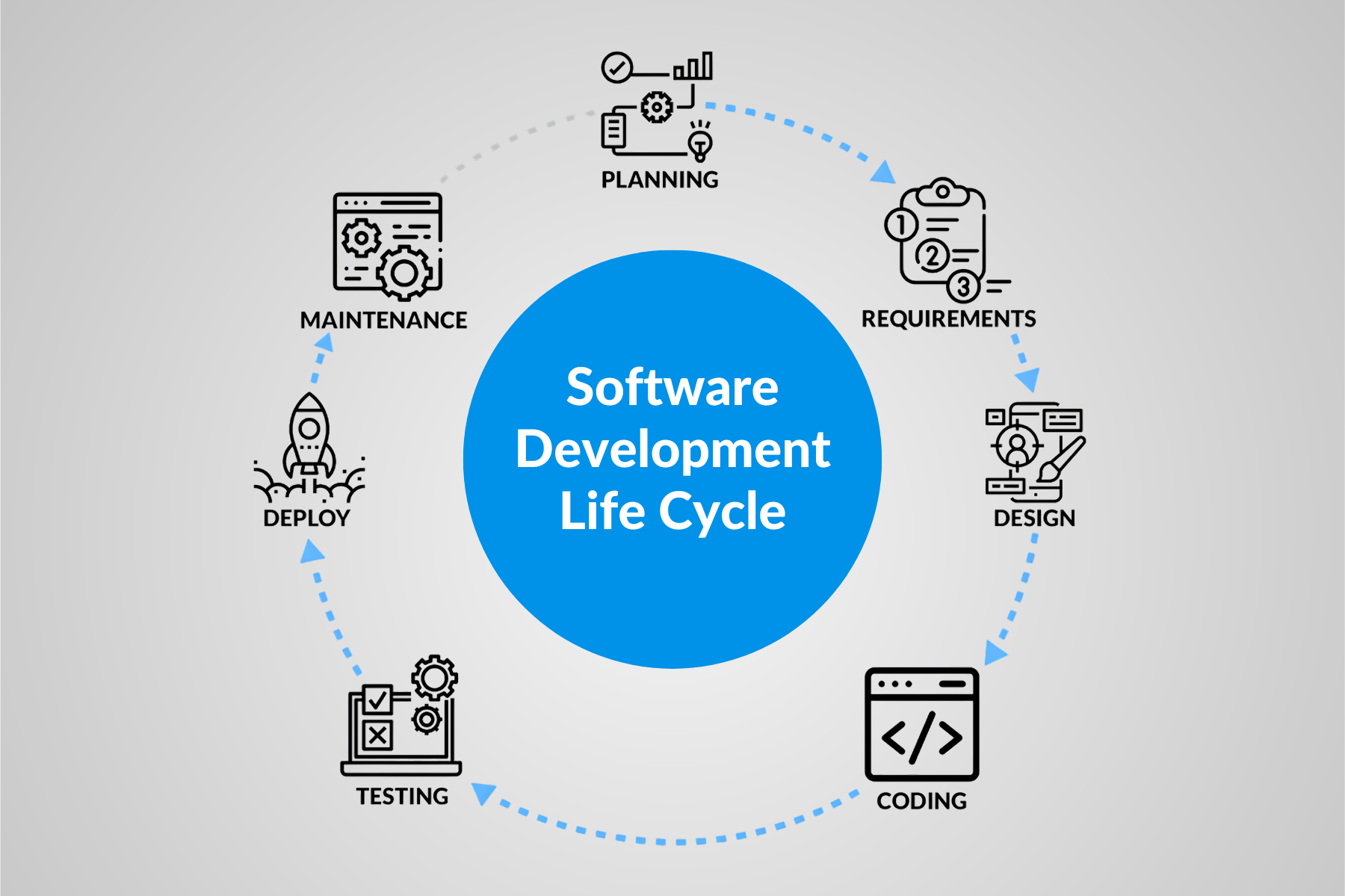Introduction to Salesforce Automation Testing: Overview, Benefits, and Challenges

- July 5, 2023
- admin
Organizations largely rely on sales force automation (SFA) technology to boost overall efficiency in the fast-paced commercial environment of today. However, as these systems grow in complexity, ensuring their functionality and performance becomes crucial. This is where sales force automation testing plays a vital role.
In this article, we will provide an overview of sales force automation testing, explore its benefits, discuss the challenges involved, and highlight best practices for effective testing.
What is Sales Force Automation Testing?
The process of assessing and certifying the performance, dependability, and functionality of sales force automation systems is known as sales force automation testing. To make sure the system meets the specified requirements and functions without a hitch, numerous tests must be run. This testing process helps identify any defects or issues that may hinder the system’s performance and provides an opportunity to rectify them before deployment.
The Importance of Sales Force Automation Testing
Sales force automation testing is essential for several reasons. Firstly, it helps ensure the proper functioning of the SFA system, which is critical for seamless sales operations. By testing the system thoroughly, organizations can identify and fix any issues that could potentially disrupt the sales process.
Secondly, testing helps enhance the overall user experience by identifying and resolving any usability or performance-related issues. It enables organizations to deliver a reliable and efficient SFA system to their sales teams and customers. Lastly, testing helps organizations maintain data accuracy and integrity, which are crucial for generating accurate reports and forecasts.
Benefits of Sales Force Automation Testing
Improved System Reliability
Thorough testing of the sales force automation system enhances its reliability. By detecting and resolving issues early on, organizations can ensure that the system operates smoothly and consistently, minimizing any disruptions during critical sales activities.
Enhanced User Experience
Sales force automation testing helps identify and fix any usability issues within the system. This ensures that sales representatives and other users can easily navigate through the system, input data, and access the required information efficiently, leading to an improved user experience.
Increased Sales Efficiency
A well-tested SFA system ensures that the sales team can focus on their core responsibilities without being hindered by system glitches or performance issues. This leads to increased sales efficiency as representatives can effectively manage their leads, contacts, and opportunities, ultimately closing more deals.
Data Accuracy and Integrity
The SFA system is tested to assure the integrity and correctness of the data it creates and stores. This is crucial for generating reliable reports, forecasts, and insights that drive informed decision-making within the organization.
Cost and Time Savings
Early detection and resolution of issues through sales force automation testing save organizations valuable time and resources. Potential issues can be found and fixed before deployment, reducing the need for expensive and time-consuming fixes later on.
Challenges of Sales Force Automation Testing
While sales force automation testing offers numerous benefits, it also comes with its own set of challenges. Some common challenges faced during the testing process include:
System Complexity
Modern sales force automation systems can be highly complex, comprising multiple modules and integrations. Testing such systems requires in-depth knowledge and expertise to ensure comprehensive coverage of all functionalities and scenarios.
Test Data Management
For sales force automation testing, efficient test data management is essential. Generating realistic and representative test data sets that cover various sales scenarios can be challenging and time-consuming.
Test Environment Setup
It can be difficult to create a test environment that is suitable and closely reflects the production environment. The test environment should replicate all the necessary components, configurations, and integrations to ensure accurate testing results.
Test Automation
Implementing test automation for sales force automation testing can be complex, especially considering the dynamic nature of the system and the need to frequently update test cases to accommodate changes in the SFA system.
Integration Testing
Enterprise resource planning (ERP) and customer relationship management (CRM) systems, for example, are two examples of business-critical systems that frequently interact with sales force automation solutions. Testing these integrations effectively and ensuring seamless data flow between systems can be challenging.
Best Practices for Sales Force Automation Testing
To overcome the challenges mentioned above and ensure effective sales force automation testing, organizations can follow these best practices:
Define Clear Test Objectives
Clearly define the goals and objectives of the testing process, including the functionalities to be tested and the expected outcomes.
Develop Comprehensive Test Cases
Create detailed test cases that cover various sales scenarios and include positive and negative test scenarios to ensure thorough coverage.
Implement Automation Testing
Utilize test automation tools and frameworks to streamline the testing process, increase efficiency, and reduce manual effort.
Perform Regular Regression Testing
To verify that system updates or alterations do not cause new problems or affect existing functionalities, do regular regression testing.
Collaborate with Stakeholders
Involve sales representatives, system users, and other stakeholders in the testing process to gather feedback and ensure the system meets their requirements.
Monitor and Analyze Test Results
Analyze test findings to spot patterns, trends, and areas that need improvement or additional research.
Tools for Sales Force Automation Testing
Several tools are available on the market to assist with sales force automation testing. These tools provide functions for managing test cases, automating tests, generating data, and reporting.
Salesforce.com’s own testing tools, such as Salesforce Lightning Testing Service (SLTS) and Salesforce DX (Developer Experience), Some other popular tools include:
- Selenium WebDriver
- Apache JMeter
- SoapUI
- Tricentis Tosca
Conclusion
Sales force test automation plays a crucial role in ensuring the proper functioning and reliability of sales force automation systems. By thoroughly testing the system, organizations can enhance the user experience, improve sales efficiency, maintain data accuracy, and save time and resources. Despite the challenges involved, following best practices and utilizing appropriate testing tools can help organizations overcome these hurdles and ensure a robust sales force automation system.











